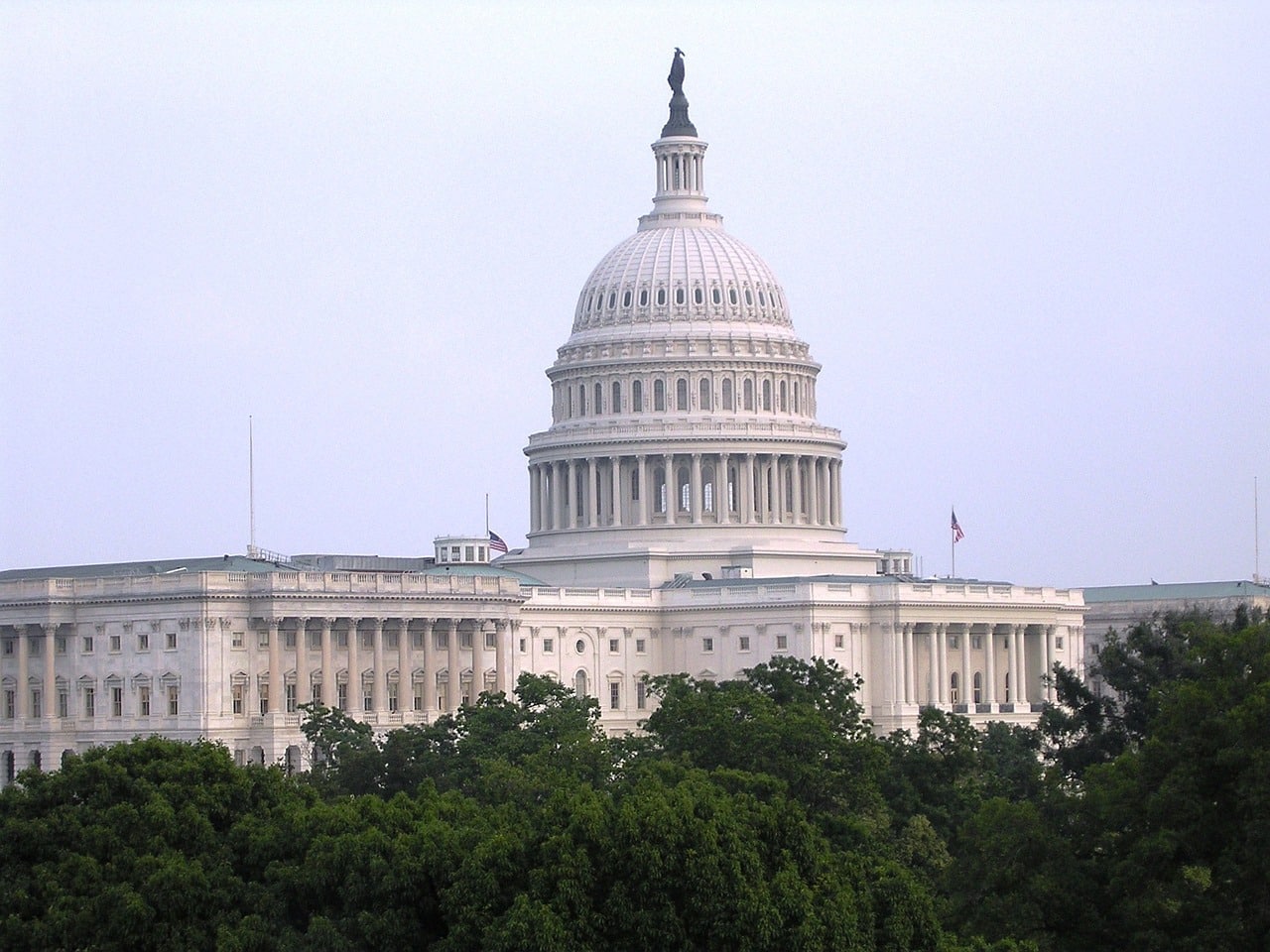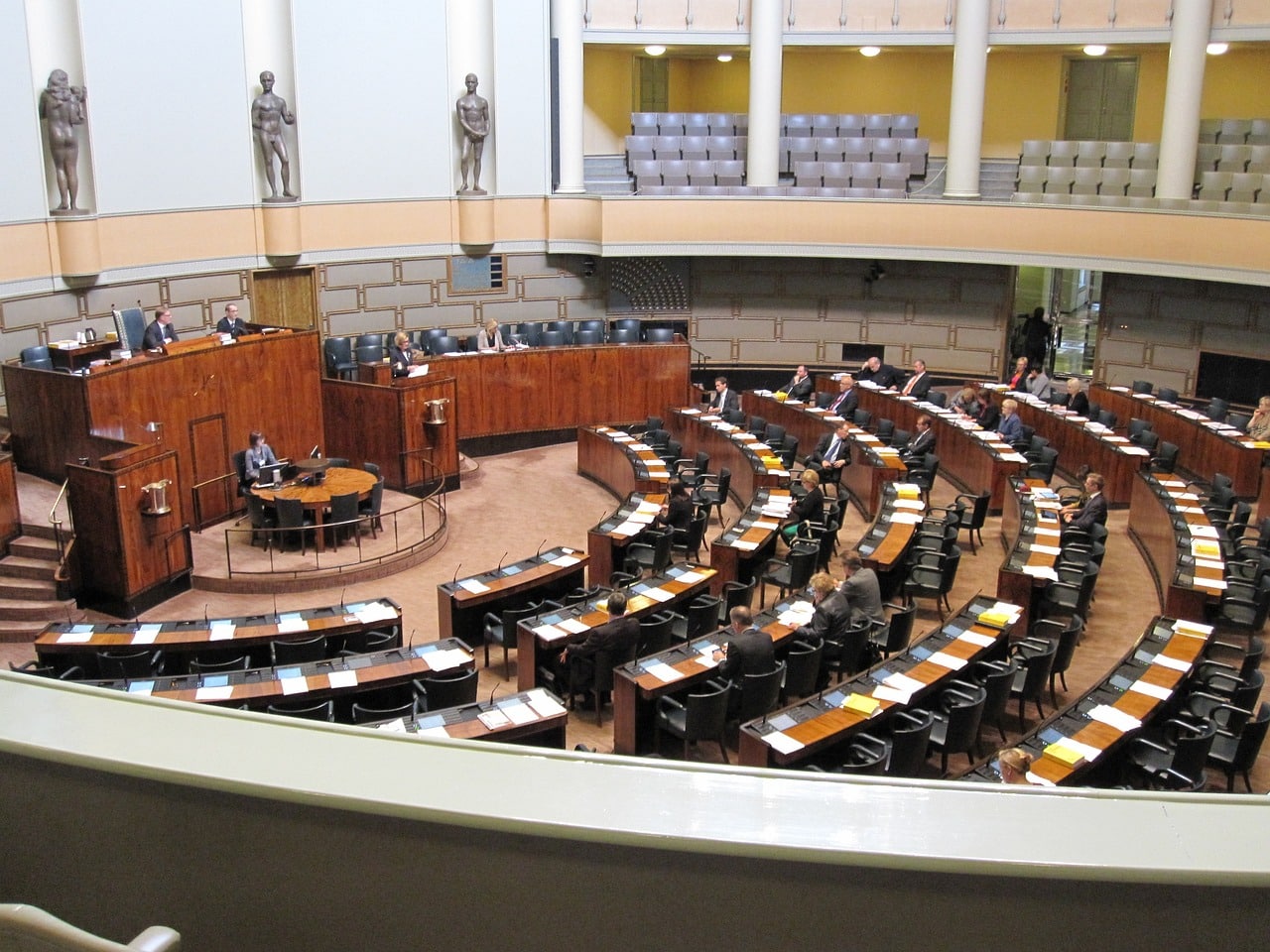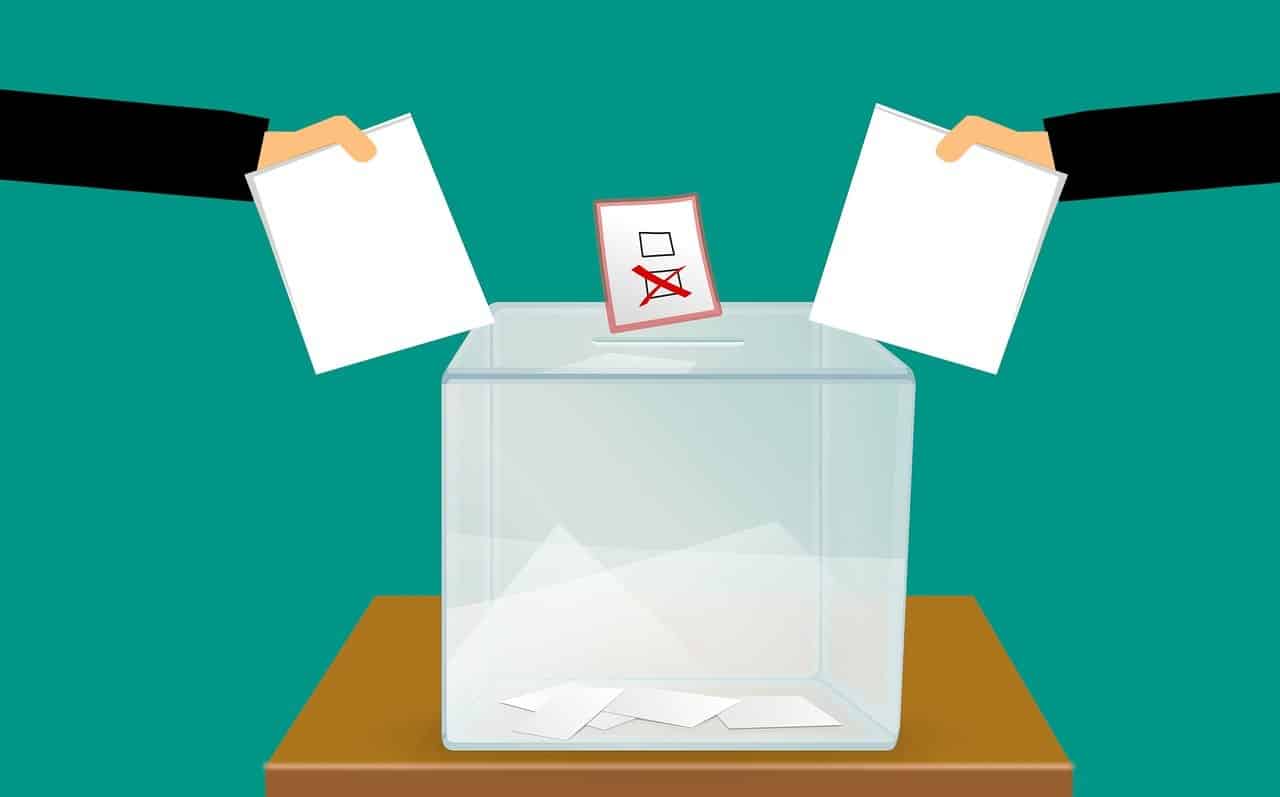
Public management consists of managing the resources of the State.
Public management consists of managing state resources to meet the needs of the entire population . The concept is associated with the idea of public administration , although this notion usually refers specifically to the human resources of the State .
It is important to indicate that managing consists, precisely, of administering: organizing, arranging. The public , meanwhile, is that which is part of the orbit of the State or that belongs to all of society in general (unlike the private ).
Governments and public management
Public management is in charge of governments . The powers, attributions and obligations of the authorities are established in the Constitution , which is the supreme law of a country. In this way, the tasks inherent to public management are distributed between the national government and local governments (which may be provincial, departmental, municipal or other).
Beyond this administrative differentiation according to territory, the rulers are the ones who must resort to strategic planning to design and apply public policies that allow management . Officials have to rely on the public budget to execute the actions they consider appropriate in each case, always within the framework of constitutional limits.
In a democracy , therefore, the people determine who will be in charge of public management through elections . With the vote , they elect the leaders who will occupy the main government positions and also the members of the legislative bodies. In any case, there are other mechanisms for citizen participation in public issues that transcend voting .
The importance of transparency
Whoever is in charge of the public function has the use of public resources at their disposal. Although there are laws and regulations to prevent embezzlement of funds, government control is essential to minimize irregularities in public finances.
Government control is the task of surveillance and inspection carried out to analyze the transparency , effectiveness and efficiency of public management in the use of state resources. It is a system that can have different configurations and ways of operating.
In this framework, rulers must establish accountability so that citizens can monitor how public funds were spent. Likewise, audits and other monitoring and follow-up actions may be ordered to detect possible acts of corruption .

Public management must be aimed at satisfying the needs of the entire population.
Objective of public management
The objective of public management is to provide the best possible living conditions for the entire population . The State must carry out multiple tasks so that society functions in harmony and people can find well-being and develop their potential.
Although there may be a certain consensus on the objective or purpose of public management, it is evident that there are different ways to achieve that goal. The ideology of the rulers determines what, for each one, is the orientation that must be followed.
In a broad sense, it can be noted that public management must prioritize respect for the human rights of all inhabitants. This means that a government has to guarantee access to health , education , employment and housing , for example.
Providing security , caring for the environment and promoting culture and sports are other basic tasks of public management, which must seek social inclusion .
Although a government should not neglect any sector, it is clear that there is a vulnerable population that requires greater assistance from the State. Older adults, people with disabilities and those who are going through childhood and adolescence, to mention some groups, need the support of public management in many aspects.

Through elections, citizens choose who will be in charge of public management.
The use of technology
In recent years, the relevance that technology can have in public management has become increasingly noticeable. Thanks to innovation in information and communication technologies (ICT) , instruments have emerged that improve efficiency and allow citizens to have more resources for decision-making.
Some tools have already become popular worldwide. There is no government that does not use social networks , for example, to communicate with citizens. These virtual spaces serve to disseminate information, but also to receive queries, comments, etc.
The implementation of ICT for public management is known as e-Government or electronic government . This digital transformation includes other concepts or precepts, such as the use of open data (public information must be available in formats that allow it to be easily used, edited and shared).
Open data, in turn, is associated with the idea of open government (one that makes its procedures and documentation available to all people). ICTs, on the other hand, promote e-Participation (participation in the resolution of public affairs through the use of the Internet).
In this context of the modernization of public management, smart cities are also often referred to. This is how the town is classified as one that, through innovation, seeks to achieve sustainable development. Local authorities must play an active role in promoting this conversion.
Public management vs. private management
Just as public management consists of the administration of State resources, private management covers the procedures and actions that are carried out in non-state entities.
Generally, private management has a profit motive, unlike what happens with public management. A businessman organizes the activity of his organization with a view to making profits ; A president, on the other hand, aims to solve social problems and not to produce an economic benefit.
It should be noted that, in some cases, public management and private management are combined. This occurs in certain mixed entities , made up of State agencies or officials and private sector actors.
